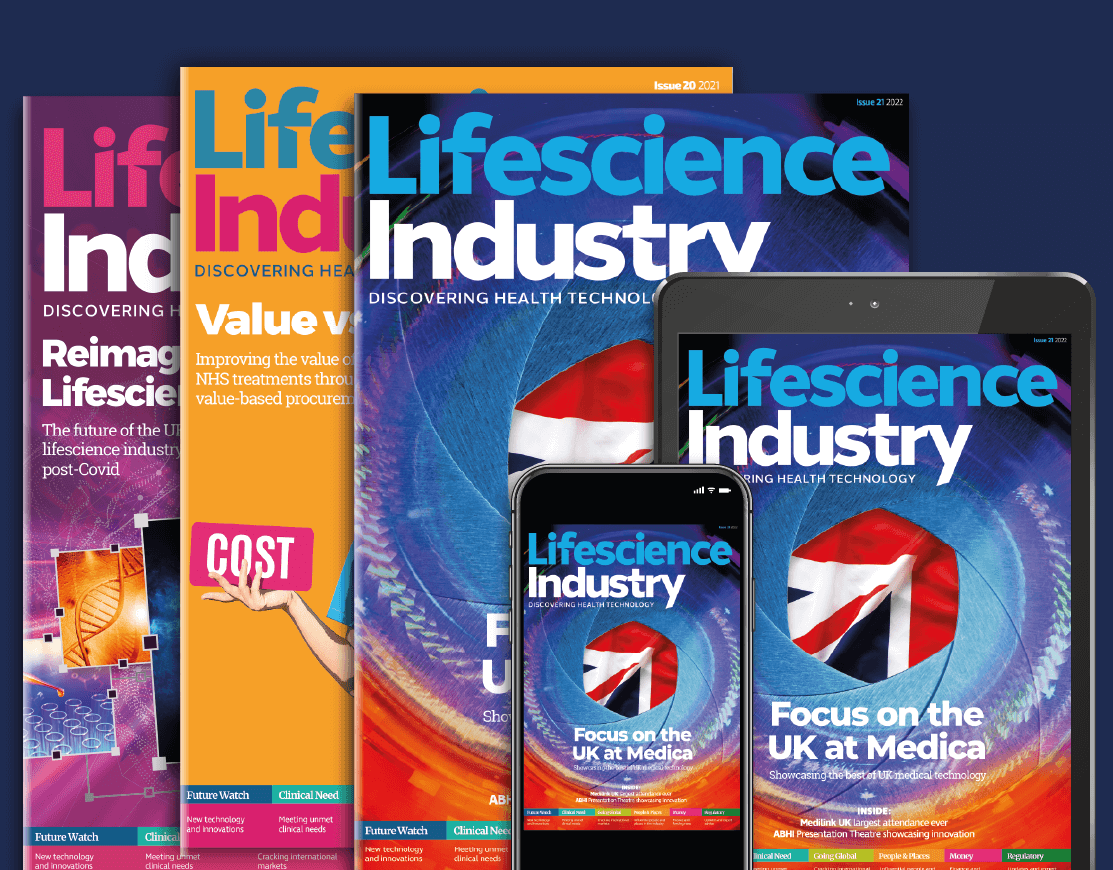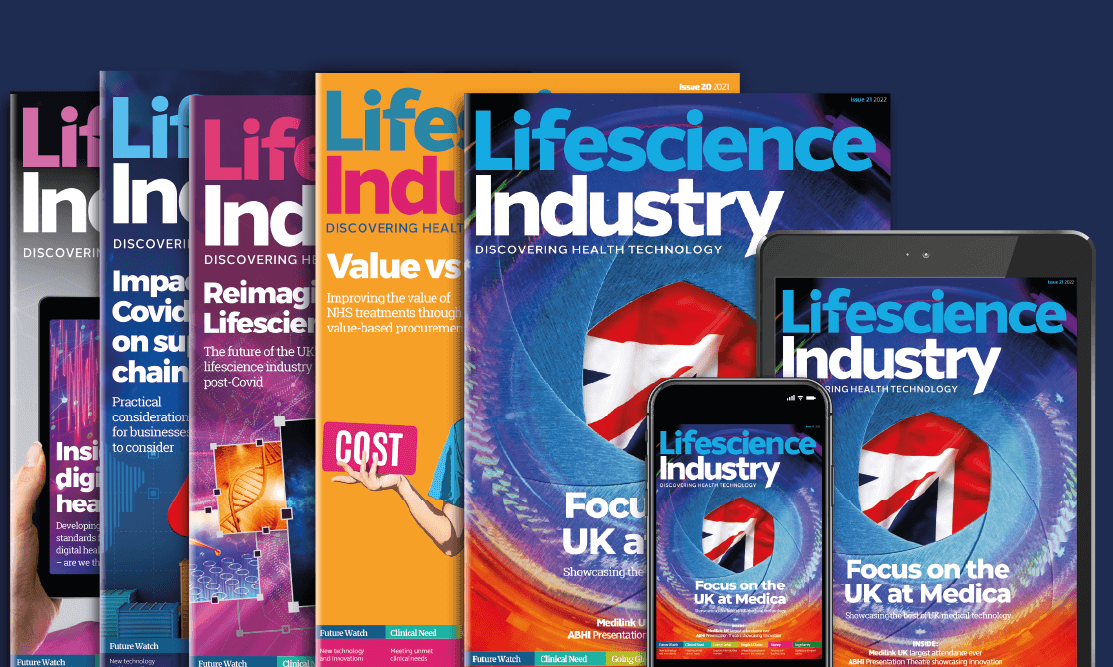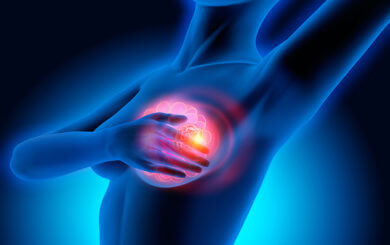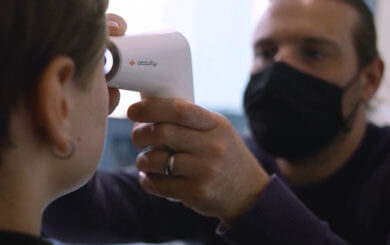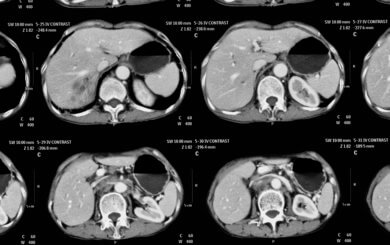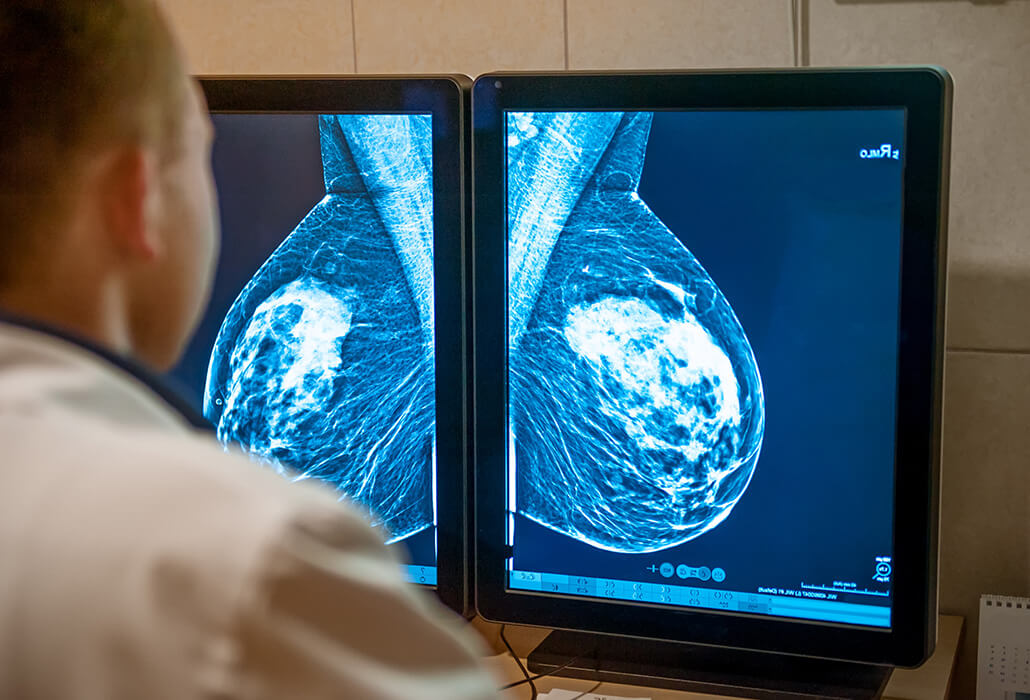
SEHTA Board Director Prof. James Moore has gained funding from the NIHR i4i program for his project at Imperial College to develop the Faciliflow, an implantable device that will encourage the regrowth of lymphatic vessels following cancer surgery.
The device was developed in the laboratory of Prof. Moore and combines fluid mechanics and drug delivery to re-establish lymphatic flow interrupted by the removal of lymph nodes. The overall aim is to prevent the formation of lymphoedema, an incurable tissue swelling that affects approximately 20% of breast cancer patients.
The funding provides vital support for the development of prototypes for preclinical and clinical testing under Imperial College’s ISO13485-compliant Quality Management System and the team have engaged patients and solicited public input to understand the life changing impact oflymphoedema on people’s lives. The implant’s design, manufacturing, testing and commercialisation plans will also be refined.
The grant supports two postdoctoral researchers, Drs. Arushri Swarup and Alain Vella, who bring both device development and industry experience. Also joining the team is Dr. Kate Rowley, an expert in MedTech commercialisation and funding, as well as Mr. Paul Thiruchelvam, a breast cancer surgeon, provides valuable clinical input as a co-investigator.
Prof. Moore is a member of SEHTA’s board and directs the Imperial College Medical Device Entrepreneurship program. He has published over 100 scientific articles and has been involved in three spinout companies.
Neil Roberts, CEO, SEHTA, said:
“The occurrence of lymphoedema after breast surgery has a high prevalence, and most developments seem to focus on managing the severity of the condition once it has occurred, so it is really exciting to hear about a technology to reduce the incidence via a novel surgical intervention. At SEHTA we are proud to have Professor Jimmy Moore on our Board, and very pleased to announce his success in gaining prestigious NIHR grant funding for this innovation. I am delighted to be involved as one of the Industry contributors to the project.”
There is no treatment for lymphoedema, and the disease is currently managed with compression garments. Despite the prevalence of this condition, patients are often caught by surprise. The team will also produce educational materials for patients and clinicians to improve support before and after cancer treatments.
News & Analysis

